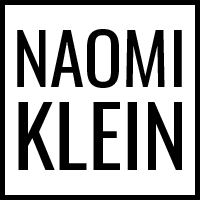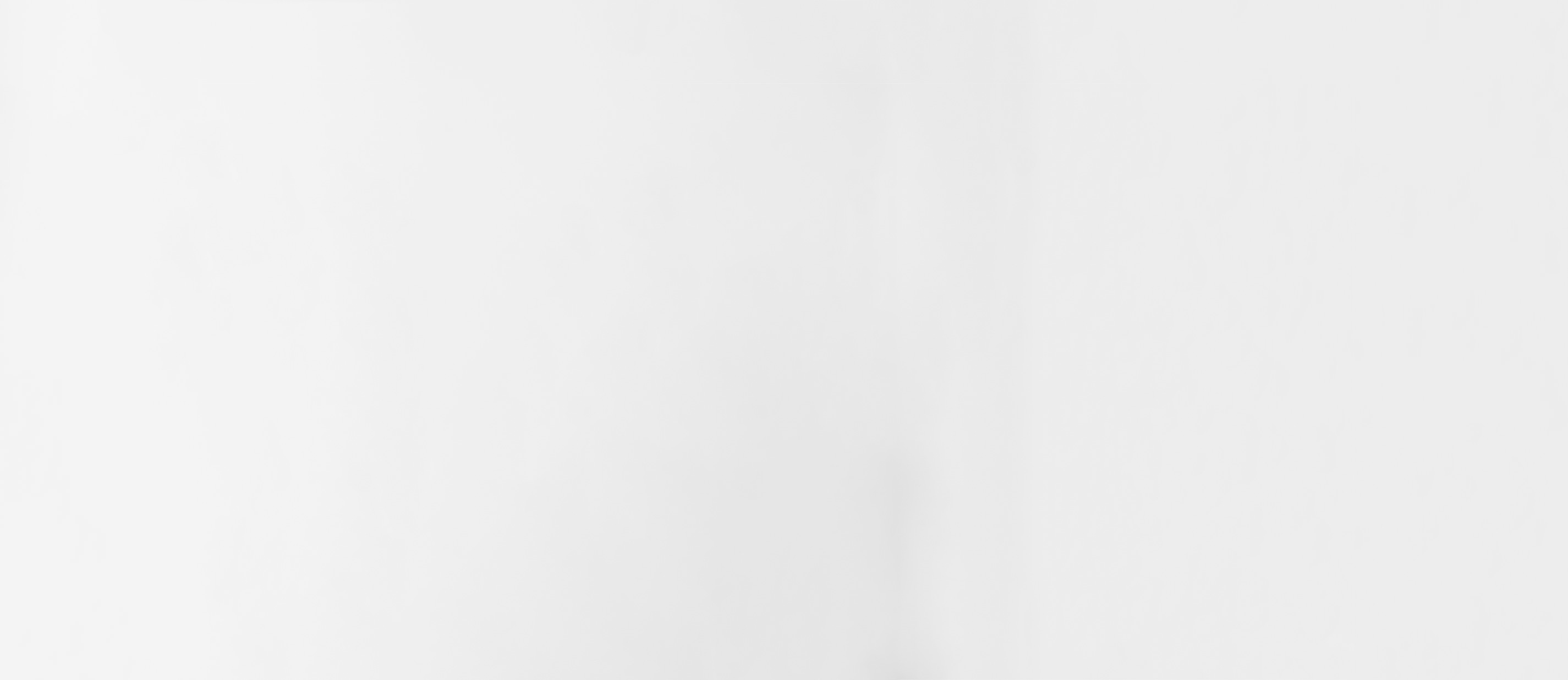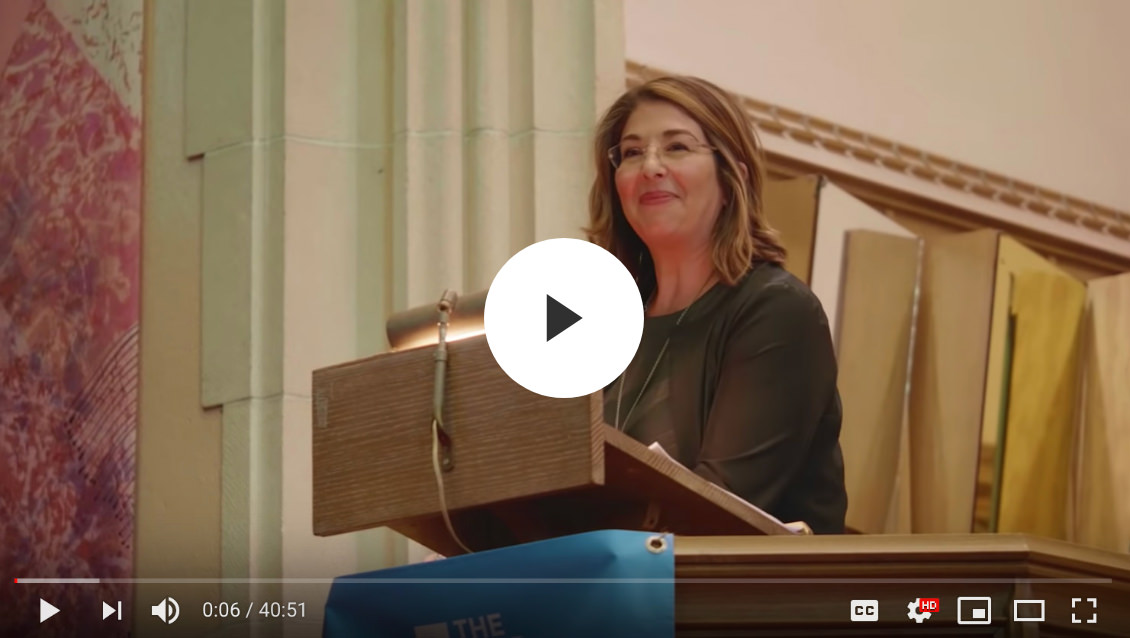“All I know is that nothing is inevitable. Nothing except that climate change changes everything. And for a very brief time, the nature of that change is still up to us.”
(from the Introduction of This Changes Everything)
Get Involved
THE LEAP
“For decades, elites have been using the power of shock to impose nightmares. Donald Trump thinks he’ll be able to do it again and again–that we will have forgotten by tomorrow what he said yesterday; that we will be overwhelmed by events, and will ultimately scatter, surrender and let him grab whatever he wants.
But crises, do not always cause societies to regress and give up. There is also the second option–that, faced with a grave common threat, we can choose to come together and make an evolutionary leap. We can choose, as the Reverend William Barber puts it, ‘to be the moral defibrillators of our time and shock the heart of this nation and build a movement of resistance and hope and justice and love.’ We can, in other words, surprise the hell out of our opponents–by being united, focused, and determined. By refusing to fall for those tired old shock tactics. By refusing to be afraid, no matter how much we are tested.
How we respond to this crisis is up to us. So let’s choose that second option. Let’s leap.”
—adapted from No Is Not Enough
After This Changes Everything was published, Naomi’s focus became putting its ideas into action. She was one of the organizers and authors of Canada’s Leap Manifesto, a blueprint for a rapid and justice-based transition off fossil fuels. The Leap was endorsed by over 200 organizations, tens of thousands of individuals, and inspired similar climate justice initiatives around the world. Naomi Klein was one of the co-authors of The Leap Manifesto and helped convene the 2015 meeting that led to the writing of the document. Since its release, Naomi has been a leading advocate for the manifesto’s intersectional, non-incremental approach to addressing climate change and the crises that fuel it.
In 2016, she co-founded The Leap, a new organization dedicated to advancing systemic change in the face of our intersecting crises of climate change, inequality, and racism. From 2016-2021, The Leap existed to inject new urgency and bold ideas into confronting the intersecting crises of our time: climate change, racism and inequality.
Her books, How to Change Everything, On Fire and No Is Not Enough described The Leap Manifesto and the process that led to it as an example of the kind of radically hopeful, intersectional vision that can respond to the rise of right-wing populism around the world.
“For decades, elites have been using the power of shock to impose nightmares. Donald Trump thinks he’ll be able to do it again and again–that we will have forgotten by tomorrow what he said yesterday; that we will be overwhelmed by events, and will ultimately scatter, surrender and let him grab whatever he wants.
But crises, do not always cause societies to regress and give up. There is also the second option–that, faced with a grave common threat, we can choose to come together and make an evolutionary leap. We can choose, as the Reverend William Barber puts it, ‘to be the moral defibrillators of our time and shock the heart of this nation and build a movement of resistance and hope and justice and love.’ We can, in other words, surprise the hell out of our opponents–by being united, focused, and determined. By refusing to fall for those tired old shock tactics. By refusing to be afraid, no matter how much we are tested.
How we respond to this crisis is up to us. So let’s choose that second option. Let’s leap.”
—adapted from No Is Not Enough
After This Changes Everything was published, Naomi’s focus became putting its ideas into action. She was one of the organizers and authors of Canada’s Leap Manifesto, a blueprint for a rapid and justice-based transition off fossil fuels. The Leap was endorsed by over 200 organizations, tens of thousands of individuals, and inspired similar climate justice initiatives around the world. Naomi Klein was one of the co-authors of The Leap Manifesto and helped convene the 2015 meeting that led to the writing of the document. Since its release, Naomi has been a leading advocate for the manifesto’s intersectional, non-incremental approach to addressing climate change and the crises that fuel it.
In 2016, she co-founded The Leap, a new organization dedicated to advancing systemic change in the face of our intersecting crises of climate change, inequality, and racism. From 2016-2021, The Leap existed to inject new urgency and bold ideas into confronting the intersecting crises of our time: climate change, racism and inequality.
Her books, How to Change Everything, On Fire and No Is Not Enough described The Leap Manifesto and the process that led to it as an example of the kind of radically hopeful, intersectional vision that can respond to the rise of right-wing populism around the world.
Take Action
WHAT YOU CAN DO
- Be the first to know about Naomi’s work by signing up to her free newsletter!
- Read the demands for a better future found in The Leap Manifesto
- Be the first to know about Naomi’s work by signing up to her free newsletter!
- Read the demands for a better future found in The Leap Manifesto




